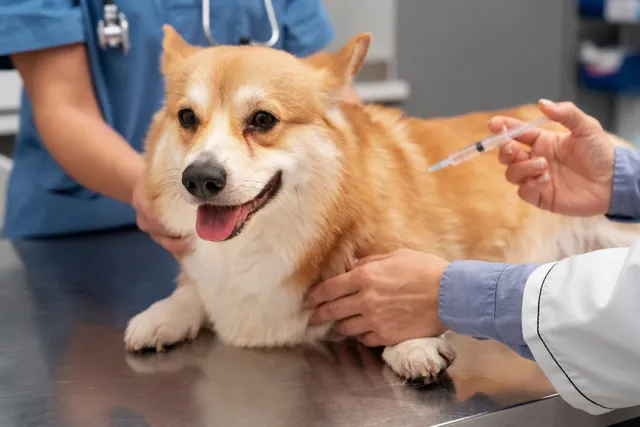Our furry companions bring immense joy and unconditional love into our lives. But just like us, they need proper healthcare to stay happy and healthy. This is where pet primary care veterinarians come in – the cornerstones of your pet’s well-being. Let’s delve into the world of pet primary care, exploring the services offered, the importance of establishing a relationship with a veterinarian, and how it contributes to your pet’s lifelong health.
Beyond Band-Aids: Unveiling the Scope of Pet Primary Care
Pet primary care goes far beyond treating minor ailments. Veterinarians in this role act as your pet’s personal healthcare provider, offering a comprehensive range of services:
- Preventive Care: This forms the foundation of pet health. Regular check-ups allow veterinarians to detect potential problems early on, preventing more serious issues down the line. These visits include vaccinations to protect against common diseases, parasite prevention to safeguard against fleas, ticks, and worms, and internal health assessments tailored to your pet’s age and breed.
- Diagnosis and Treatment of Common Conditions: Ear infections, skin allergies, digestive problems – these are just a few of the issues your pet primary care veterinarian can diagnose and treat. They are equipped to handle a wide range of illnesses and injuries, offering medication, wound care, and other necessary treatments.
- Nutritional Guidance: A balanced diet is vital for your pet’s health. Pet primary care veterinarians can advise on the appropriate food type and portion sizes based on your pet’s age, breed, activity level, and any specific health concerns.
- Senior Pet Care: As our furry friends age, their needs change. Pet primary care veterinarians are adept at addressing the specific challenges of senior pets, including monitoring for age-related conditions and recommending adjustments to diet and exercise routines.
- Behavioral Counseling: Does your pet exhibit unwanted behaviors like excessive barking, scratching, or litter box avoidance? Pet primary care veterinarians can provide initial guidance on behavior modification techniques and may recommend consulting with a veterinary behaviorist for more complex cases.
Building a Bond: The Importance of a Veterinary Relationship
Just like with your own doctor, establishing a relationship with a pet primary care veterinarian is crucial for your pet’s long-term health. Here’s why:
- Familiarity Breeds Trust: Regular visits allow your pet to become comfortable with the veterinarian and staff, reducing stress during examinations and procedures.
- A Personalized Approach: Over time, your veterinarian develops a comprehensive understanding of your pet’s individual health profile and temperament, leading to more personalized care.
- Early Detection, Better Outcomes: Regular check-ups allow veterinarians to detect subtle changes in your pet’s health early on, enabling prompt intervention and potentially better treatment outcomes.
- A Partner in Care: Your veterinarian becomes a valuable resource for all your pet’s health needs, offering advice, recommendations, and support throughout their life.
Choosing Your Pet’s Healthcare Partner:
Finding the right pet primary care veterinarian is key. Consider factors like location, appointment availability, clinic atmosphere, and of course, your comfort level with the veterinarians themselves. Don’t hesitate to ask questions during your initial visit and feel free to visit different clinics before making a decision.
Investing in a Lifetime of Health
Pet primary care is an investment in your pet’s lifelong well-being. It’s not just about treating illness; it’s about preventing problems, promoting optimal health, and ensuring your furry friend lives a long and happy life. So, schedule those regular check-ups, build a strong relationship with your veterinarian, and watch your pet thrive with the best possible care. After all, our furry companions deserve nothing less!




